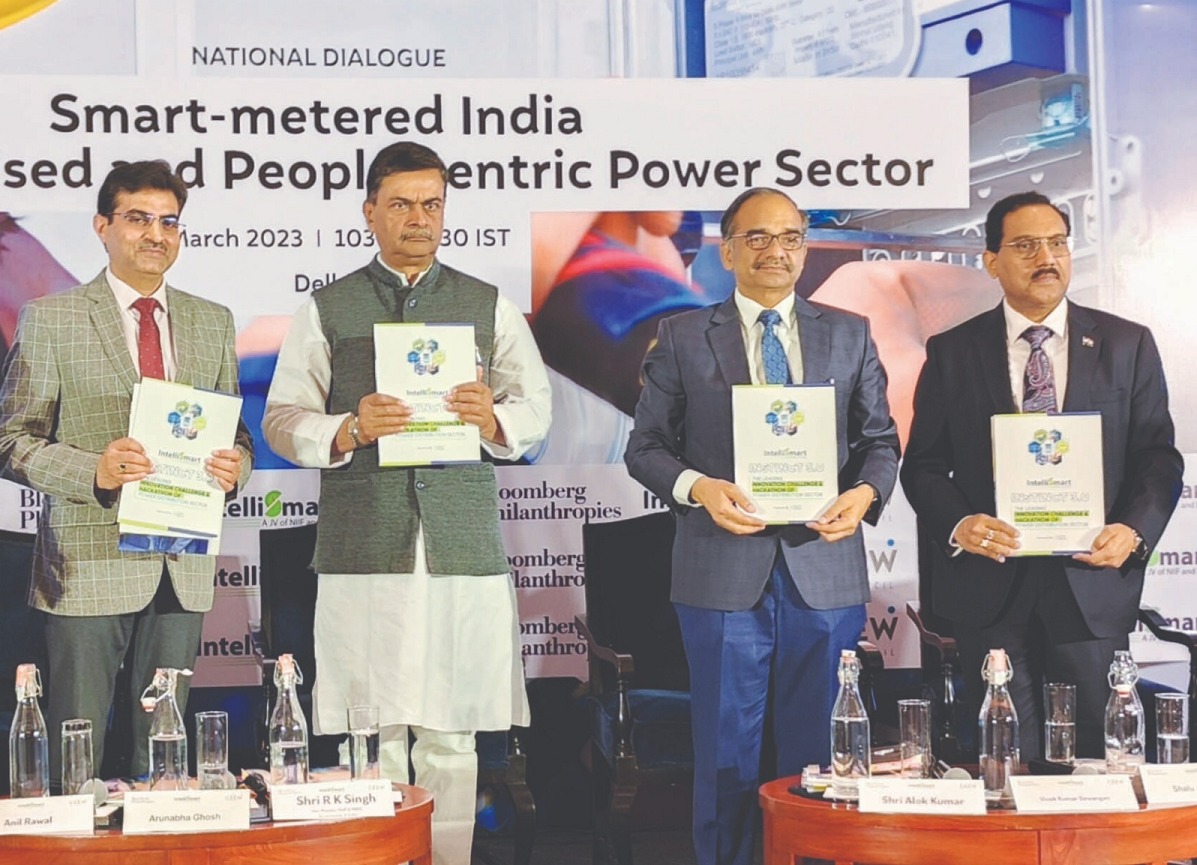Under India’s G20 presidency, the 3rd Energy Transitions Working Group (ETWG) held its second day of the meeting in Mumbai on 16 May. Deliberations on the progress made on the draft Ministerial Communiqué were held during the meeting. Along with this an international seminar on ‘Role of Small Modular Reactors in Energy Transition’ was organized in collaboration with NITI Aayog, Department of Atomic Energy, and NTPC. The three-day meeting, which began on May 15, was attended by over 100 delegates representing G-20 member states, special invitees, and international organizations viz, the International Energy Agency, the World Bank, and the World Energy Council of India.
On the second day of the meeting, India’s G-20 Sherpa Amitabh Kant addressed an international symposium titled ‘Small Modular Reactors for the Clean Energy Transition’. Addressing the session virtually, Shri Kant said, “Nuclear energy can help in mitigating the challenges of climate change”.Another seminar on ‘offshore wind’ was organized. During the seminar Secretary of the Ministry of New and Renewable Energy, B.K.S. Bhalla said, “Offshore wind is emerging as an important sector and the world is accepting it as a robust solution to deliver clean and affordable power.”
On the first day, various alternatives to fossil fuels were discussed. India has decided to make carbon emissions zero by 2070. Energy transition by addressing the technology gap in the six priority areas outlined under India’s G20 presidency, namely low-cost financing for energy transition, energy security, and diversified supply chains, energy efficiency, low carbon emissions from industries topics such as climate change and responsible consumption, fuels for the future and universal access to clean energy, and equitable, affordable and inclusive ways to transition to energy sources.Under India’s G20 presidency, the first two Energy Transition Working Group meetings were held in Bengaluru and Gandhinagar respectively.




